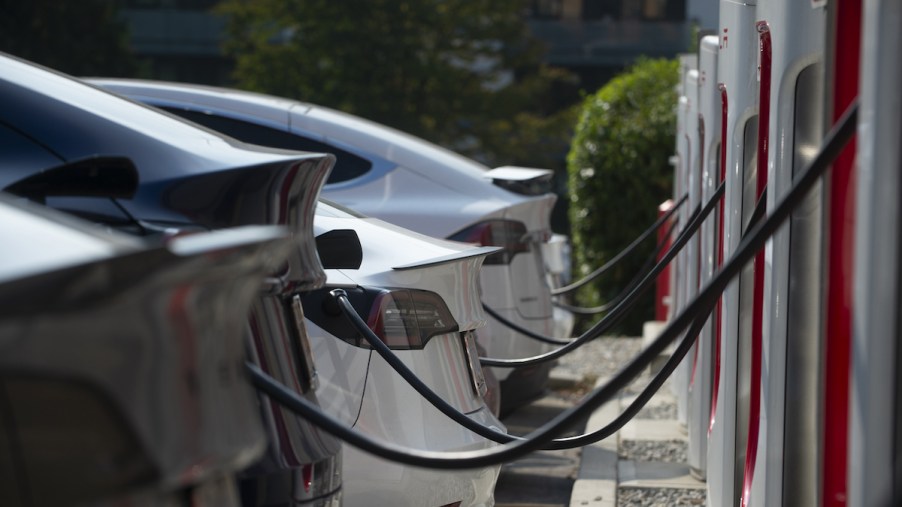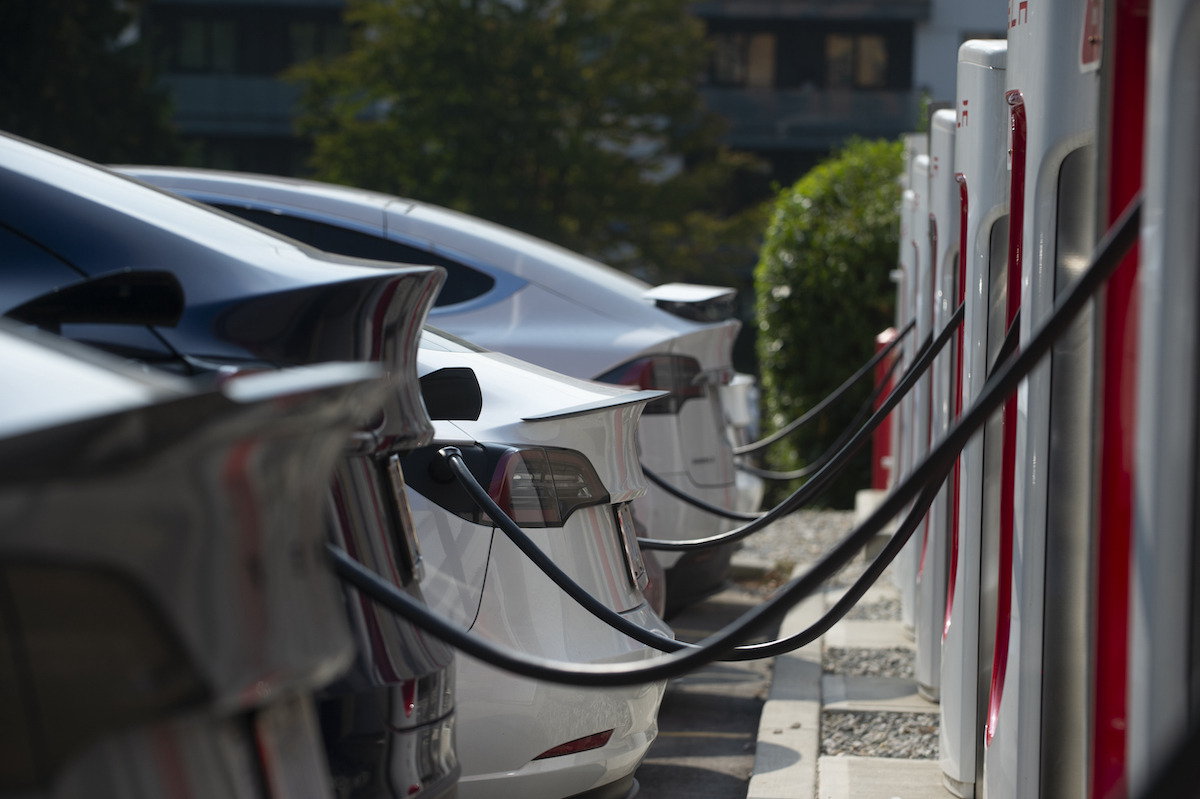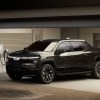
Don’t Fall for These 5 EV Myths When Considering an Electric Car
Are you contemplating purchasing an electric car? If you answered yes, you’re not alone. With gas at an all-time high and a growing focus on sustainability, more drivers are switching to EVs. But even if you’re sold on electric vehicles, plenty of misinformation about them is floating around. From safety scares to charging concerns, myths about electric cars run rampant. But don’t fall for them. Here are the most common EV myths, debunked.
1. EVs can’t drive fast

One of the biggest myths about electric cars is that they aren’t fast. That’s blatantly false. “EVs such as the Audi e-tron, Jaguar I-Pace, and Ford Mustang Mach-E electric SUV have a top speed of a whopping 124 mph. And Audi’s 2022 e-tron GT clocks in at a staggering 154 mph,” Lifewire reports.
As for acceleration, several Tesla models can hit 0 to 60 mph in about three seconds, and some reach that speed in under two seconds. So if you’re looking for a fast car, don’t overlook EVs.
2. Electric cars are not safe
Another myth about EVs is they’re dangerous. The truth is, they are probably not any riskier than gas-powered cars. On the plus side, EVs are safer because they produce zero emissions. So there’s no risk of carbon monoxide poisoning.
Another major concern with EVs is the risk of fire. Lithium-ion batteries are incredibly high-voltage, which could jumpstart “thermal runaway.” That term means the battery is too hot and could cause smoke, fire, or even an explosion. However, fumes from the gasoline used in internal combustion engine (ICE) vehicles are highly flammable.
3. EVs aren’t big enough for a family
Electric cars come in all shapes and sizes, so whether you need a compact hatchback for city driving or a roomy SUV for the whole family, there’s an EV that will fit your needs. For instance, the Tesla Model X boasts copious cargo space and can seat up to seven. And the Hyundai Ioniq 5, Kia Niro EV, and Chevrolet Bolt EUV fit five riders and plenty of gear comfortably. In addition, new electric models such as the GMC Hummer SUV and Ford F-150 Lightning pickup truck provide spacious seating and ample storage.
4. Charging is too expensive or a hassle
Many believe charging an electric car is too expensive, takes a long time, or is a hassle. However, that isn’t the case. Though charging an EV takes longer than gassing up an ICE car, it doesn’t usually take as long as people think. And as for cost, recharging an EV is often cheaper than refilling a gas tank.
Are EVs worth buying?
Myths about electric vehicles abound. But don’t let untruths dissuade you from considering an EV for your daily travels. Electric cars boast many benefits, including lower emissions, high safety ratings, and lower maintenance and fuel costs.
So if you’re in the market for a car, give EVs a look. You might like them more than you thought.



